Ultimate Guide to Whey Protein for Bodybuilders: Maximize Your Gains
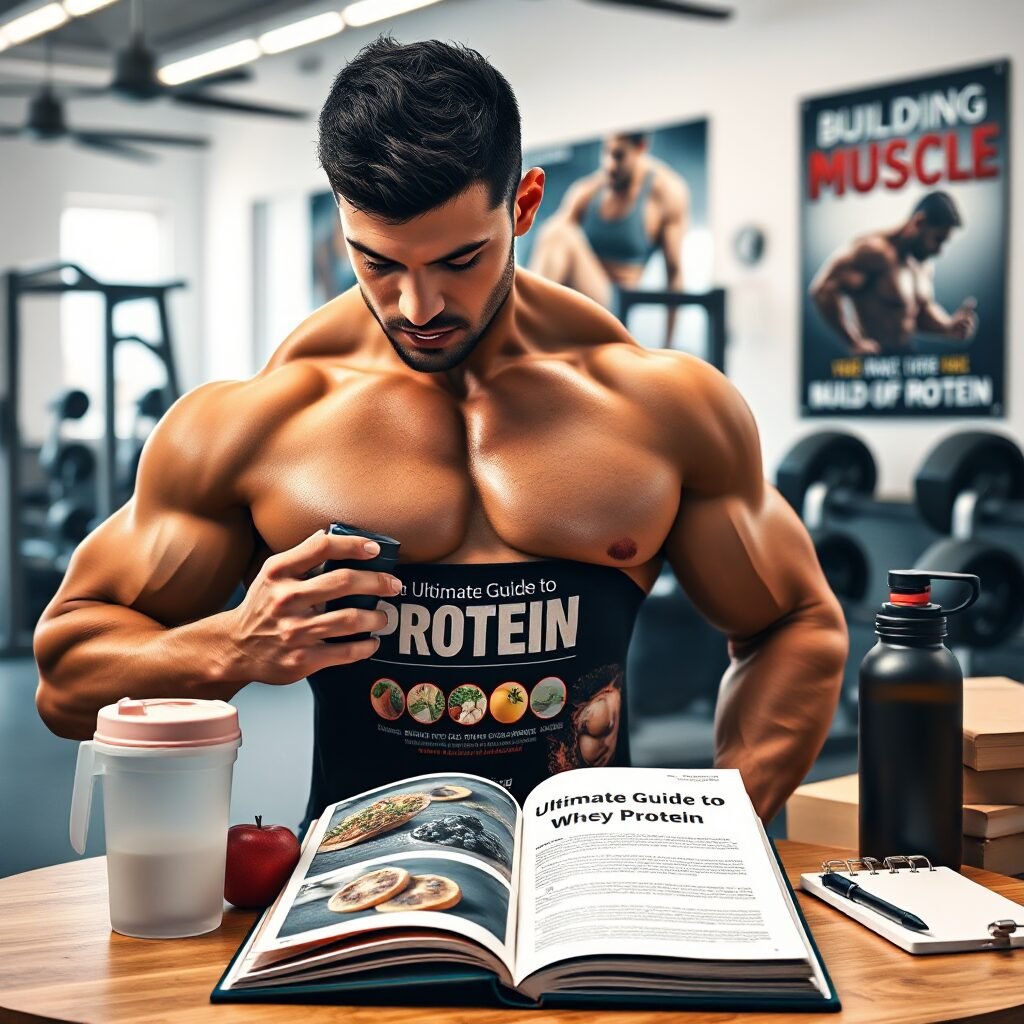
As befits the title, this Whey Protein Guide for Bodybuilders takes you through everything-from where it’s found in food to its benefits with the athletes, be it a fresher in the bodybuilding line or someone who has spent years in the sport. This guide will inform you with the basics to help reach your bodybuilding goals and build muscle strength.
We’ll walk you through literally everything and show you how to pick nothing but the best for your fitness needs. Our no-nonsense, easy-to-understand tips will get you feeling surer in no time about how to get enough protein and enhance your workouts. This isn’t just another article; it’s a helpful Whey Protein Guide for Bodybuilders to make you feel great and reach your fitness goals.
What is Whey Protein?
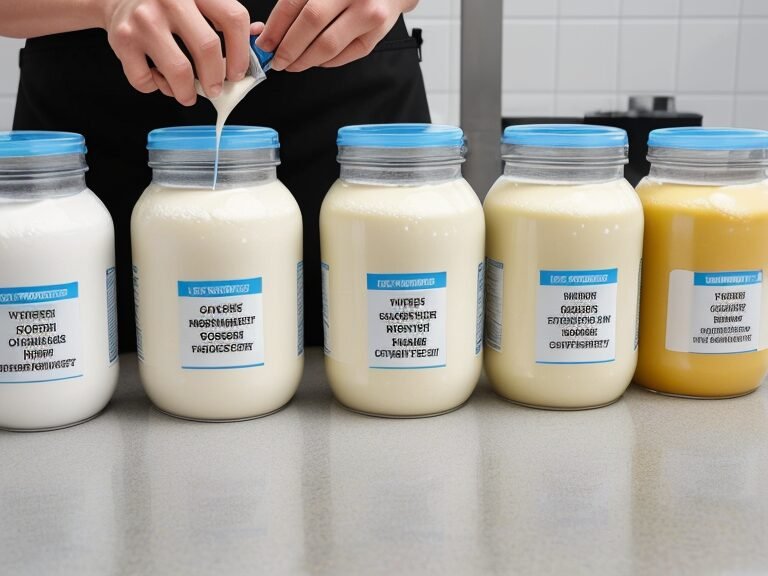
Let’s start our Whey Protein Guide for Bodybuilders with what Whey Protein is.
Whey protein is a type of milk-based protein. It is prepared through the process of cheese production, whereby whey protein powder is made from the remaining liquid when milk undergoes cheesemaking. This product finds its chief consumers among gym users owing to the fact that it has those essential nutrients necessary for the building and fixing of muscles within it. You can almost just think of it as a super-powered milk extract that’s great for your muscles.
There exist three major types of whey protein: concentrates, isolates, and hydrolysates. Whey protein concentrate is the primary form of whey protein, with around 70-80% pure protein, actually having some portions of fats and carbs. For that reason, it has a richer flavor. Whey protein isolate, on the other hand, is more highly filtered and may contain about 90% protein or higher. This is purer, containing less lactose, which will be great for people desiring greater purity without extra calories.
The last type is whey protein hydrolysate. This is a special form in that it is already partially digested and is more available for absorption. It is like tenderizing meat prior to cooking. Hydrolysate is great for rapidly providing your muscles with what they need post-exercise, just as parched earth needs rain. Each variety of protein has different uses depending on what you are ingesting and what results you want from working out. You could think of it like being in a magical forest, in which every path leads to a different powerful potion to help you get stronger in various ways.
Benefits of Whey Protein to Bodybuilders

It gives your muscles a power boost when taken as a drink. Whey protein contains essential nutrients that aid in strengthening muscles after working out. It gives your muscles the basic building blocks they need to develop and get powerful. Each time you drink some, the vital nutrients will course through your body directly into your muscles, where the growth and strengthening take place.
This wonderful supplement will facilitate quicker recovery of your body after workout. Think of your muscles as the soldiers in boot camp. Whey protein would be like a talented medic who helps treat minor injuries and toughens up the muscles to avoid future problems. This faster recovery after training can lead back sooner with less fatigue to continue to make gains and perform at high levels. Because whey protein is easily digested, you will immediately feel its benefits: get quick relief and energy.
Whey protein is more than just a source to help your muscles build up. Actually, whey hosts all the essential building blocks for good health and optimal functioning. Including whey protein in one’s diet brings more health benefits than working at the level of the muscles only. It is not a fad, but it forms a very important component of a healthy diet and aids the body in many respects other than in the gym.
Whey Protein Sources
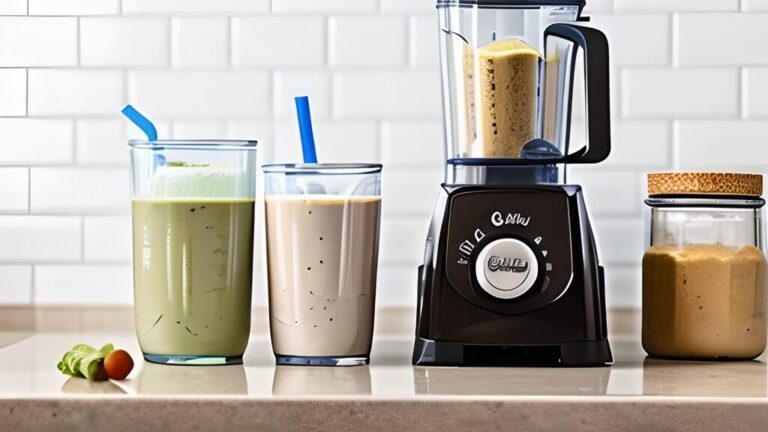
Knowing whey protein is essential if one desires to get stronger and build up muscles. It is a vital nutrient contained in various food substances such as yogurt and certain milk types. Greek yogurt contains whey proteins in plenty, and will, therefore, be very helpful in building up your muscles. Cottage cheese is yet another delicious option, having a high level of whey protein, and will be an excellent way to enhance your meals if mixed with fruits or salads.
Whey protein supplements might do the best job immediately following your workout. Mix whey protein powder into water or milk for quick shakes or blend into smoothies with berries and spinach for a healthy snack. Most busy people enjoy making these delicious drinks in their kitchens, keeping up the rhythm of their favored music playing softly in the background.
If you are always in a rush after your workout and need a quick snack, these pre-mix shakes with whey protein will do just fine. That would be easy to take out and still very healthy. You could also go for whey protein bars, as they are pretty good for really busy days. They come in a variety of flavors, are easy to carry, and that chewy texture. Flavors range from chocolate fudge to lemon zest, making them even more enjoyable and accessible for convenience when trying to reach your fitness goals.
This will pay dividends taken at home and on-the-go, trying different types of protein powder. Just keep trying types-regular milk products and the newer supplements-until you find the one that works best for you; your body will recover and grow from the workouts.
How do you incorporate whey protein into your diet?
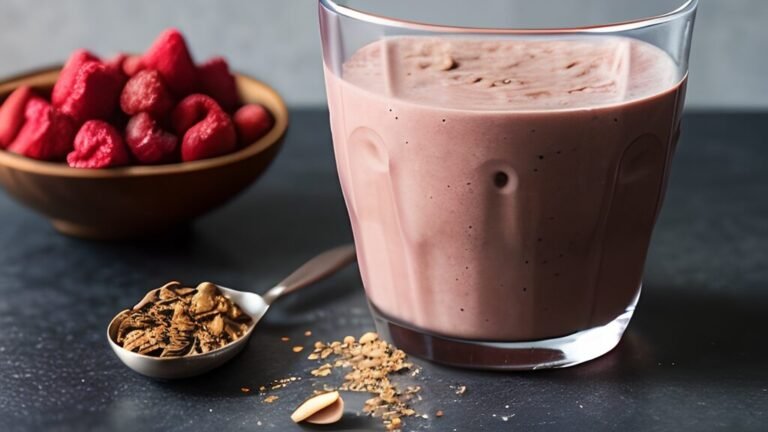
In case you want to maximize the benefits, whey protein right after exercise is indispensable. At this moment, the body is like a sponge-soaked and instantly absorbing all that protein to help muscles grow stronger. Mix whey protein isolate with one ripe banana and almond milk for a delicious post-workout shake. Great, and it works wonders in fastening the recovery processes of your muscles.
Adding whey protein to meals and workout shakes will make the meal or snack infinitely healthier. You could also have a nice whey protein smoothie bowl with berries, granola, and honey. It’s healthy and also super great. Or you could make some oat-based bars made with peanut butter, chocolate chips, and vanilla whey protein powder. These are good for when you’re in a rush or just need a boost of energy prior to hitting the gym.
The whey protein can be applied in various ways to keep things exciting and get the right amount of nutrients for building the muscles. You can make great pancakes for breakfast or some muffins packed with protein. Just think about taking a nice big bite out of a delicious pancake with the scent of vanilla present in the air-you still get all the good stuff without losing flavor. The probability of incorporating whey protein into these meals can be made easy and enjoyable every day when you try these recipes.
Selecting the Right Whey Protein Product

There are many whey protein brands for sale in the market; thus, choosing the right whey protein requires time. First of all, the issue refers to the quality of the isolated whey protein concentrates nominated for use in the production of therapeutic novelties, which requires analysis of its purity. A good whey protein should have all the necessary ingredients supplied and not overly be accompanied by a long list of extras. When looking at the label, a product with few ingredients will be favorable; avoid artificial flavorings, sweeteners, and fillers that are not needed.
In the case of famous products, Well-known brands are likely to be trusted for quality and reliability. Brands like Optimum Nutrition and Dynamize are quite popular among bodybuilding groups since their products have to be pure and great to taste. This review is quite important because one wants to know what others are saying about them since other people’s experiences might be helpful. Research what customers are saying about the taste, mixability of the product, and their actual results. Those things can really make a difference in how satisfied you are with the product.
When trying to find quality supplements, it is usually hard to know which ones are of good quality. Most of the time, you can tell whether or not you have a good product by looking for seals of certification from third-party testing organizations like Informed Choice and NSF International. These organizations can help you make sense of the confusing supplement market. Quality whey proteins generally have clear labeling that will tell you precisely what’s in them. Another good way to go would be to look into the source of the product-for instance, whey from grass-fed cows is more nutritious and possesses more important nutrients compared to normal whey.
Common Myths and Misconceptions About Whey Protein

Some people may have heard that whey protein causes kidney problems or leads to bloating, which worries them. This concern is often higher for those who are otherwise healthy, but the facts are different. Studies show that moderate amounts of whey protein don’t harm healthy kidneys. If you already have kidney issues, it’s still important to talk to your doctor before increasing your protein intake to avoid any risks. Whey protein is generally safe for most healthy people when used in reasonable amounts.
The thing most people think is that they cannot have whey protein because they are lactose intolerant. Certain forms of whey proteins, such as whey protein isolates, have been filtered to remove most of the lactose from it. It is like filtering sand out of water until it comes out clear-the isolates can end up with much less lactose in it, which for some can make it easier to digest compared to other forms of whey protein.
Others are concerned about the artificial ingredients that a whey protein supplement would contain. They may wonder if these additives could be nasty for them or reduce the effectiveness of the supplement. Still, responsible brands use tasty ingredients and only a hint of extra stuff to ensure the supplement is safe and works perfectly.
First, one has to dispel some of the more common myths related to the use of whey protein for building muscle. Knowing the real facts can help you make an informed choice and be confident in adding whey protein to your current workout regimen. It will also ensure that you’re staying on track with your health and fitness regime and guarantee that whey protein is an effective supplement to any program for all those who wish to improve their exercise performance outcomes.
Possible Side Effects and Considerations
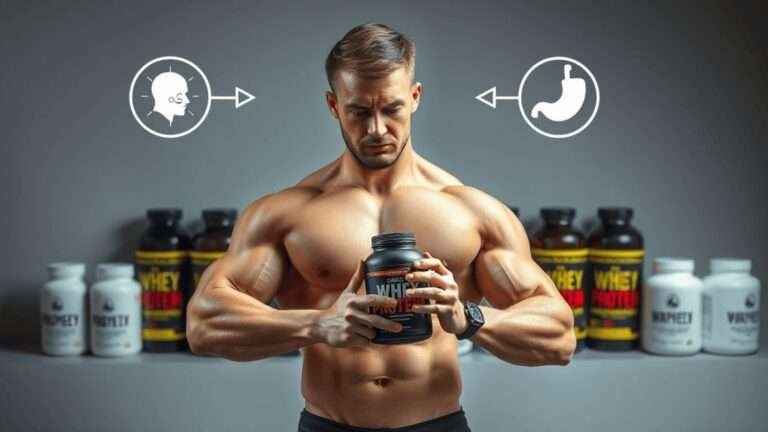
As great as whey is for building muscle, sometimes your stomach just can’t handle it, leading to issues like bloating, gas, cramps, or diarrhea-very common among people with sensitivity to dairy. If you have found yourself running into this problem, you may want to try whey isolate-a version of whey protein that contains less lactose than the regular version does. Other options include supplementing with digestive enzymes to ease your body through the digestion process a bit easier.
Therefore, it is very important to balance your protein shakes with healthy foods for overall health and peak performance. Anyone relying heavily on protein nutritional supplements may miss out on some very important nutrients that they can get from normal food. While with protein shakes come vital proteins and amino acids, then it lacks the much-needed fiber and minerals present in fruits, vegetables, grains, and legumes. Eat all kinds of nutritious foods with protein shakes in order to maintain a balanced diet.
Talk to a health provider before adjusting your diet or adding new supplements. They will advise based on what your body and health need. Even more so if there is a problem with health. A nutritionist or sports doctor will help you find out what kind and what amount of nutritional supplementation will fit your body type and goals, yet will allow you to be successful in a healthy way.
Conclusion: Maximizing Muscle Growth with Whey Protein

Whey protein is indispensable, especially for those wanting to grow muscles and recover after exercise. The body uses whey protein to repair muscles and give them nutrition. The main types are concentrate, isolate, and hydrolysate. Each of these types has their benefits, so it is good to know which one will suit the best according to your fitness goals.
It is essential to spend wisely. The Whey Protein Guide to Bodybuilding: smart suggestions on how to make use of the protein, choose an excellent products devoid of unnecessary additives, and derive for you all the valuable nutrients. From this advice, you will be able to make use of whey protein to help you become stronger and healthier. And this is our final part about Whey Protein Guide for Bodybuilders.
Whey Protein Supplements Ultimate Guide
Whey Protein Supplements
Whey Protein Guide for Bodybuilders FAQs
Q: What is whey protein?
A: Whey protein is milk-derived, high-quality protein responsible for the building and/or repair of muscles.
Q: What types of whey proteins are there?
A: There are 3 main types, including:
- Concentrate- more flavorful, 70-80% protein
- Isolate- low in lactose and fat, 90%+ protein
- Hydrolysate- pre-digested for faster absorption
Q: When should I take whey protein?
A: The best time is 30 minutes after your workout to boost muscle recovery and growth.
Q: Is whey protein safe for people with lactose intolerance?
A: Yes, whey protein isolate is very low in lactose and thus should be easily tolerated by most with lactose intolerance.
Q: Can too much whey protein cause side effects?
A: High intake may lead to bloating or gas, particularly for lactose-sensitive individuals. Offset the extra protein with whole foods.
Q: Does whey protein hurt kidneys?
A: Whey intake, if in moderation, does not hurt the kidneys in a healthy person. If you have predisposing conditions, it always is best to consult with your doctor.
Q: How does whey protein help bodybuilders?
A: It helps to build muscles, gives way for quick recovery, and provides essential amino acids right after exercise.
Q: How many grams of whey protein is recommended per day?
A: Bodybuilders take 1.2 to 2.2 grams of whey protein per kilogram of body weight, based on their goals.
Q: What does the Whey Protein Guide for Bodybuilders cover?
A: This guide explains how whey protein helps with muscle growth and recovery. It covers different types of whey protein, their benefits, and how to add them to your diet.
Whey Protein Supplements Ultimate Guide
Whey Protein Supplements
